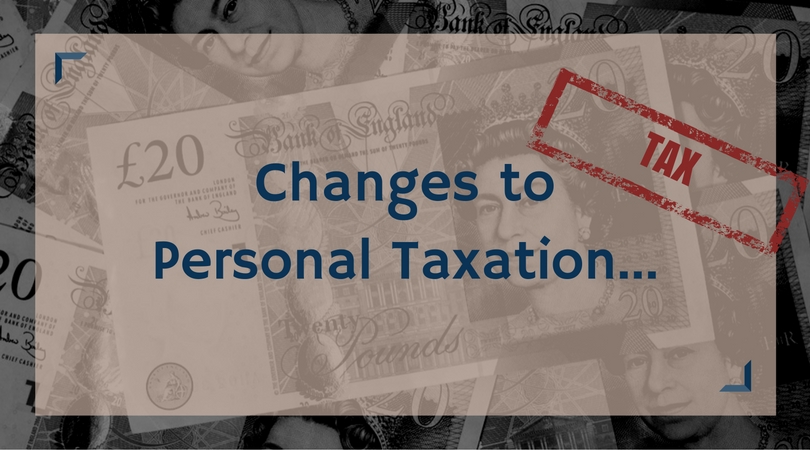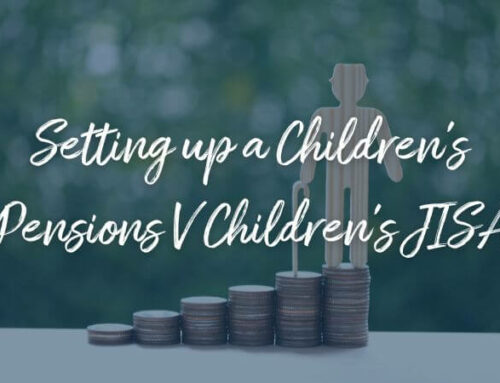The introduction of the Lifetime Individual Savings Account (LISA) by the former chancellor, George Osborne, in his March 2016 Budget was a major and welcome surprise, giving yet another way for young people to save tax-efficiently for their first homes. The Budget delivered more good news in other areas including personal tax changes, income, ISAs, bonds and capital gains tax.
INCOME TAX CHANGES
For the 2017-18 tax year, the personal allowance for paying tax will be increased to £11,500 (£11,000 in 2016-17). This will take 1.3 million of the lowest paid out of paying tax altogether.
The Chancellor reiterated that the target is to reach £12,500 by 2020. The basic rate limit will increase to £33,500 for the 2017/18 tax year (£32,000 in 2016-17), and with the personal allowance added the higher rate tax threshold at which individuals pay 40% will increase to £45,000 (£43,000 in 2016-17).
ISAs
To qualify for a LISA from April 2017, savers will need to be aged between 18 and 40, and any savings put in before their 50th birthday will receive an added 25% bonus from the Government at the end of the tax year.
There is no maximum monthly contribution, but instead an annual limit of £4,000. The LISA can be used to buy a first home or saved until age 60 and used in retirement, otherwise a 5% charge will apply and the bonus will be withdrawn if the funds are taken out for any other reason.
The money can be saved in a cash LISA or invested in a stocks and shares LISA. Income and gains within a LISA are tax free. In addition, the contribution limit for all ISA accounts will increase from the current level of £15,240 to £20,000 in April 2017.
BOND FUNDS
The former chancellor announced plans to radically simplify the taxation of fixed income funds. From April 2017, bond fund managers will stop automatically collecting 20% tax from their income payments to investors.
CAPITAL GAINS TAX
Here, Osborne introduced changes that took effect from April 2016, announcing that the rate would fall from 28% to 20% for higher rate taxpayers and from 18% to 10% for basic rate taxpayers. However, these new rates do not apply to gains made on residential property. The tax free allowance for capital gains remains £11,100 in the current tax year.
PENSION ALLOWANCES
Although proposals to reform pension tax relief had been widely predicted, it was announced before Budget day that these plans had been scrapped.
As previously announced, the Lifetime Allowance was reduced from £1.25m to £1m and the annual allowance remained at £40,000. From April 2016, the £40,000 annual allowance was reduced for those in receipt of income over £150,000, including their own and employer’s pension contributions.
NATIONAL INSURANCE
From April 2018, Class 2 National Insurance contributions will be abolished, which the Government says will give a tax cut of more than £130 a year to three million self-employed workers.
PENSION ADVICE
The Government announced a consultation over the introduction of a ‘pensions advice allowance’ to allow people over 55 to withdraw up to £500 tax free from defined contribution pensions to redeem against the cost of financial advice.
If you’d like more information or advice on the personal tax changes, please contact Clifford Osborne IFA for a free initial consultation. Clifford Osborne also offers advice on other financial matters including mortgage advice, estate planning, business & corporation protection and more.
We are based in Eastbourne, East Sussex and we offer our financial services to clients in Tunbridge Wells, Brighton, Hastings, Uckfield, Bexhill, Lewes, Crowborough, Seaford, Newhaven and beyond.






